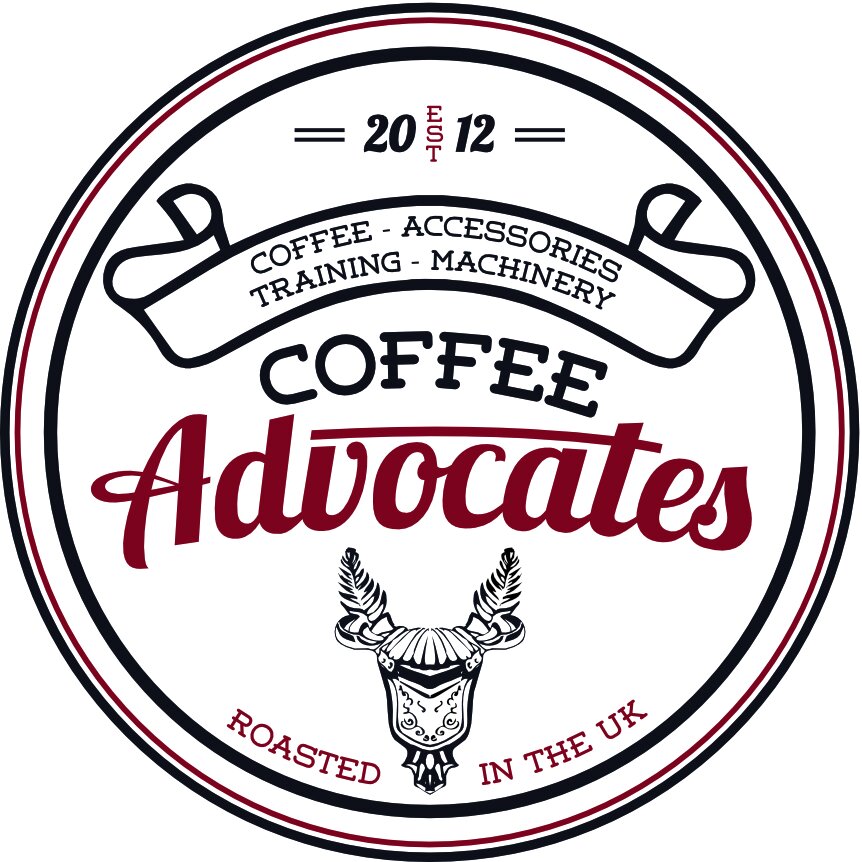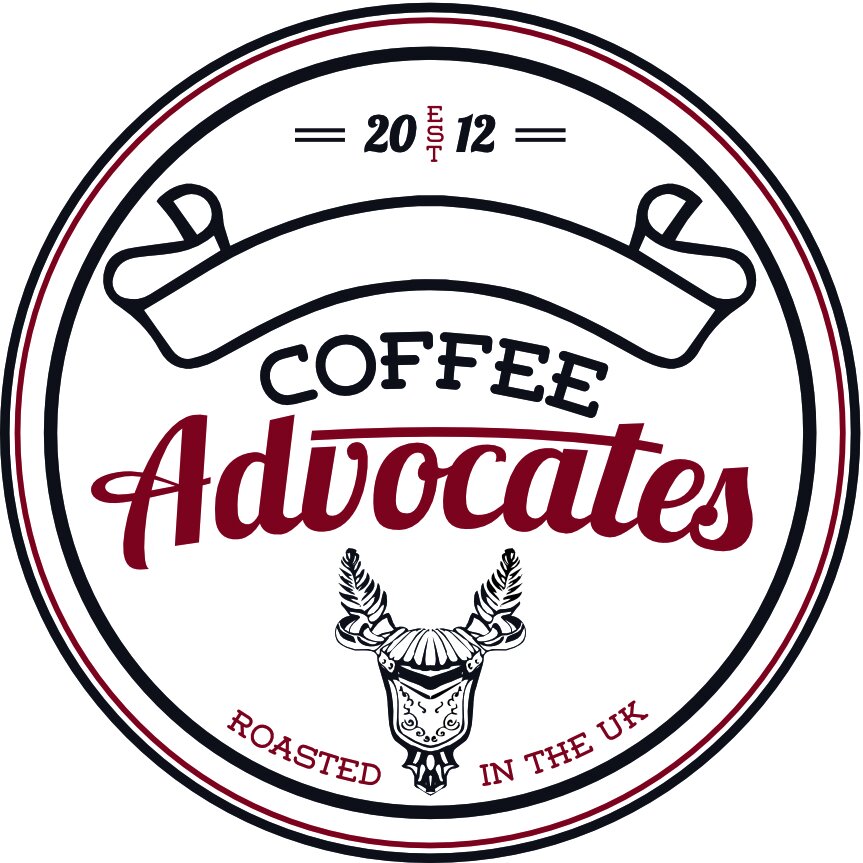How Green is Your Coffee?
In the Guardian in Australia this week there was a fantastic article about coffee and sustainability. Well worth reading.
And it got us thinking what the issues are and what you can do about it?
Coffee beans sadly are not grown in the UK (and the same is true for tea) and unless you have a cow or goat in your back-garden, milk has to be transported to your local supermarket or coffee shop.
So, to be totally green, we should be drinking rainwater from our hands.
OK, so what can you do realistically
Use a reusable cup or make sure your cup is recyclable
Use milk from a local dairy to cut down on transportation costs. Your local independent coffee shop should know the best dairy.
Get your milk delivered in glass bottles at home
While we are on the whole cow’s effect on the ozone layer – the production of milk is generally done at source, on a small scale – if you look at the industry and transportation around the “milk alternatives” the benefits begin to look – for example, a major producer of soya milk, get their beans from France, almond milk comes from almonds which again are not grown in the UK.
Lastly, using coffee that is organic, eco-cert and fair trade, will definitely make you feel better “inside”, not from a health perspective sadly, but it should mean the beans are produced by happy farmers who grow their beans in a more caring way but remember a lot of this is more about certificates than anything else.
Interestingly, generally there is little mention of how coffee is transported from country to country and then from distributer to roaster to shop – usually, it’s the same containers as the rest of the coffee beans, from the non-organic farm next door, who didn’t pay to get his certificate.
Here at the Coffee Advocates we whole heartily endorse Eco Cert and Fair Trade coffee, and we can source AAA cert coffee - what we do is ensure we get our beans from trusted sources, to make sure we get the best coffee to you.
JAMES HANSON 15 NOVEMBER 2019

